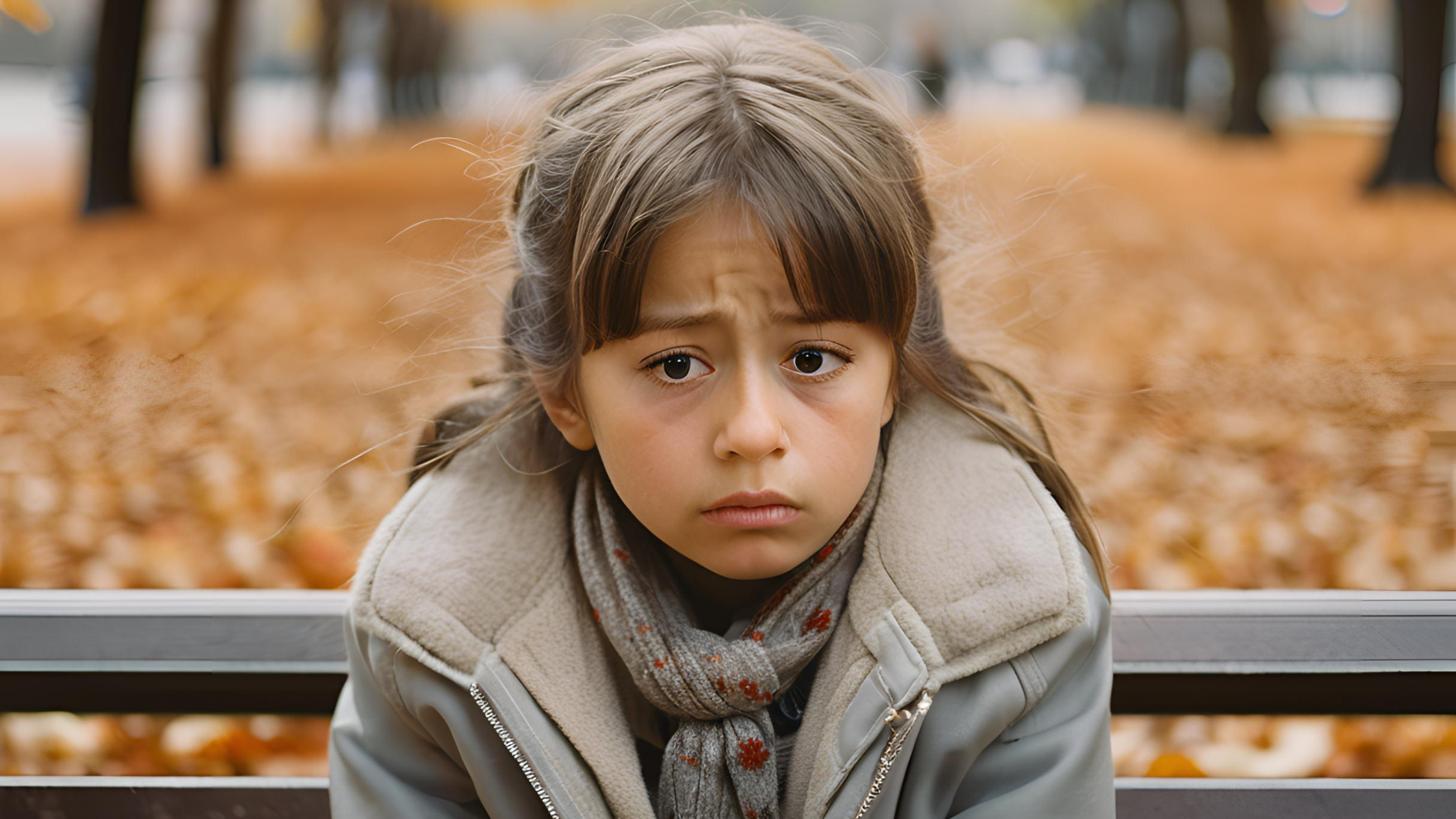Divorce can be hard, not just for you but for your children too. While you’re dealing with your emotions, it’s easy to overlook how the situation affects your kids. Emotional harm to children during divorce isn’t always obvious. They might not tell you how they feel, but their actions and behavior often speak louder than words.
This blog will help you understand the signs of emotional harm and how you can protect your children from it. Remember, you are not alone in this journey, and there are ways to support your kids during this challenging time.
Why Emotional Harm Happens
Divorce can feel like a storm in a child’s world. They might feel torn between their parents, blame themselves for the separation, or struggle to make sense of the changes in their lives. Emotional harm happens when these feelings are not addressed or when harmful situations, like arguments or negative comments, add to their stress.
To learn more about helping your children, check out our Guide to Talking to Kids About Divorce for practical advice.
Signs of Emotional Harm in Children
Every child reacts differently, but here are some common signs to watch for:
1. Changes in Behavior
- Becoming more withdrawn or unusually quiet.
- Acting out, such as frequent tantrums or aggression.
- Difficulty concentrating in school or at home.
2. Emotional Outbursts
- Crying more often or easily.
- Showing anger or frustration for no clear reason.
3. Physical Complaints
- Complaining of headaches or stomach aches without any medical cause.
- Trouble sleeping or frequent nightmares.
4. Clinginess or Avoidance
- Being overly attached to one parent.
- Avoiding one parent completely or showing fear of being with them.
5. Low Self-Esteem
- Expressing negative thoughts about themselves, like “I’m not good enough.”
- Losing interest in activities they used to enjoy.
If you notice any of these signs, it’s important to address them. Learn how to create a stable environment with our Tips for Building a Safe Space for Children post.
What Can Cause Emotional Harm During Divorce?
Here are some common situations that may harm children emotionally:
1. Parental Conflict
- Arguing in front of children or involving them in disputes.
- Speaking negatively about the other parent to the child.
2. Lack of Communication
- Not explaining the divorce in a way they can understand.
- Avoiding conversations about their feelings or questions.
3. Parental Absence
- One parent suddenly becoming less involved in the child’s life.
4. Parental Alienation
- One parent trying to turn the child against the other parent.
- For more on this topic, read Signs of Parental Alienation and How to Address It.
How to Protect Your Children from Emotional Harm
1. Listen and Validate Their Feelings
Let your kids know that their feelings matter. If they’re sad or angry, acknowledge it without judgment. You can say, “I understand this is hard for you, and it’s okay to feel this way.”
2. Keep Conflict Away from Them
Avoid arguing in front of your children or using them as messengers. They should never feel like they’re in the middle of your disagreements.
3. Encourage Open Communication
Create a safe space where your children feel comfortable sharing their thoughts. Ask open-ended questions like, “How are you feeling about everything?” and really listen to their answers.
4. Provide Reassurance
Remind your kids that the divorce is not their fault. Assure them that both parents love them and will always be there for them.
5. Seek Professional Help if Needed
If your child’s emotional struggles persist, consider speaking to a therapist or counselor. Professional help can make a big difference in helping children process their feelings.
Final Thoughts
Recognizing emotional harm to children during divorce is the first step in protecting them. By paying attention to their behavior and feelings, you can support their emotional well-being during this difficult time. Remember, your love and understanding are the most important tools in helping them heal.
If you’re feeling overwhelmed, take a look at our Guide to Managing Stress During Divorce to find ways to care for yourself while supporting your kids. Together, you can navigate this journey and come out stronger on the other side.


